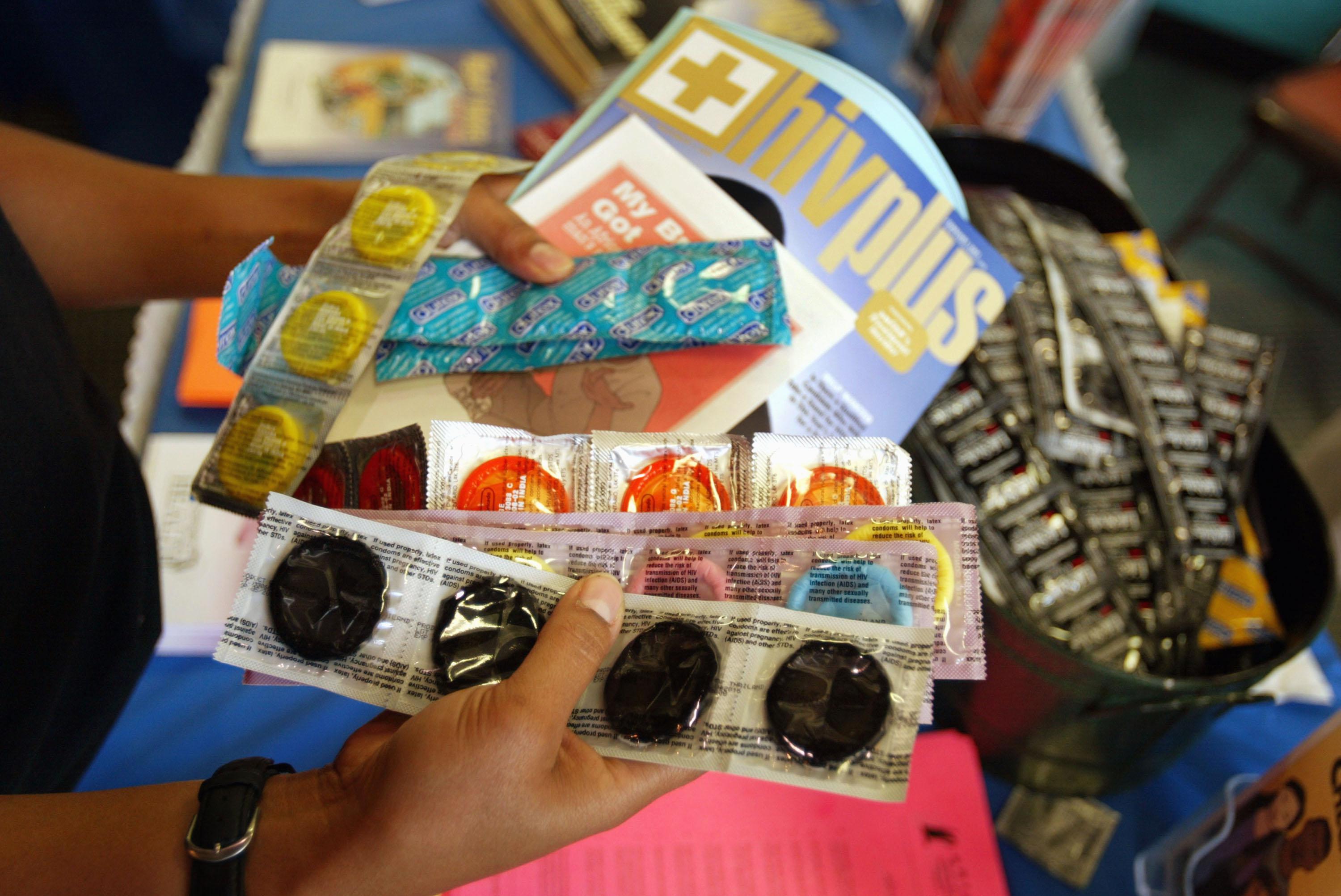This article originally appeared in The Cut.
Arguments in favor of decriminalizing prostitution often rely on empathy for sex workers themselves: Journalist Melissa Gira Grant contends, for example, that criminalizing sex work implicitly condones violence against sex workers, who are often afraid to go to the police to report violence and are frequently ignored when they do. Current laws (sex work is illegal in 116 countries) require that sex workers render themselves largely voiceless and invisible—which makes their interests easy to ignore.
But new research suggests that existing legislation against sex work may also be harming society at large—and that decriminalizing sex work could help slow the spread of HIV.
On Tuesday, scientists at the annual International AIDS Conference in Melbourne, Australia, recommended decriminalizing sex work across the globe—arguing that legalization is the most effective way to reduce global HIV infection rates. According to new research—a series of seven studies recently published in the Lancet medical journal—scientists estimate that HIV infection rates among sex workers could be reduced by between 33 and 46 percent if the activity were not illegal. “Governments and policymakers can no longer ignore the evidence,” asserted Kate Shannon, an associate professor of medicine at the University of British Columbia and the lead author of the study.
The research, conducted in Kenya, India, and Canada, found that high rates of violence against sex workers, police harassment, and poor working conditions—all circumstances exacerbated by sex work’s illegal status—combined with lack of access to HIV prevention and care significantly increased the risk of infection among sex workers. According to recent data from the World Health Organization, female sex workers are 14 times as likely to have HIV as other women, yet fear of arrest and stigma often prevents them from seeking medical care. (A Kenyan woman quoted in the study added that when doctors at the health center she visited realized she was a sex worker, she was denied treatment.)
Additionally, many countries, including the U.S., use condoms—and the act of carrying multiple condoms—as evidence of prostitution. (Though a bill abolishing this distressing practice passed New York’s assembly last year, it seems the NYPD is still “reviewing” the legislation.) As a result, sex workers often stop carrying (and using) condoms out of fear of arrest.
This January, Human Rights Watch reiterated its call for the decriminalization of voluntary sex work by adults, asserting criminalization “undermines sex-worker health.” Researchers at this week’s conference also cited New South Wales, Australia, where sex work has been decriminalized since 2009—and where sex workers now have a lower rate of HIV prevalence than the general population. For its part, Canada’s Supreme Court struck down the country’s anti-prostitution laws last December and may decriminalize the activity this year. Let’s hope that others follow suit.
See also: Q&A: The Woman Debunking Myths About Sex Work
